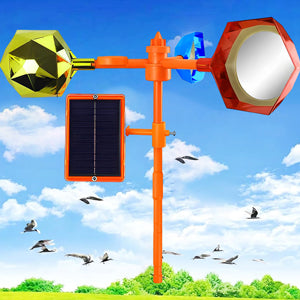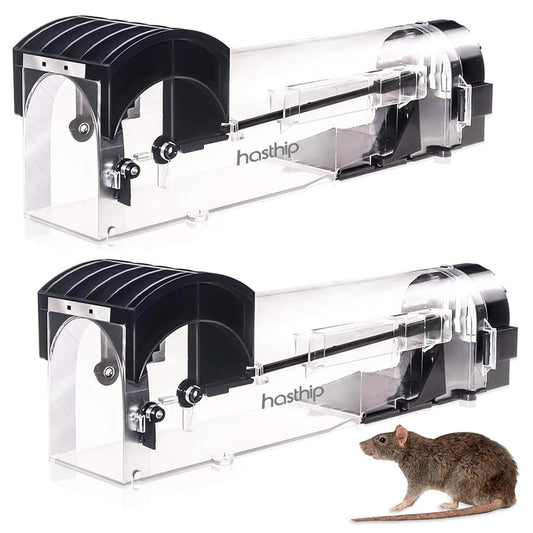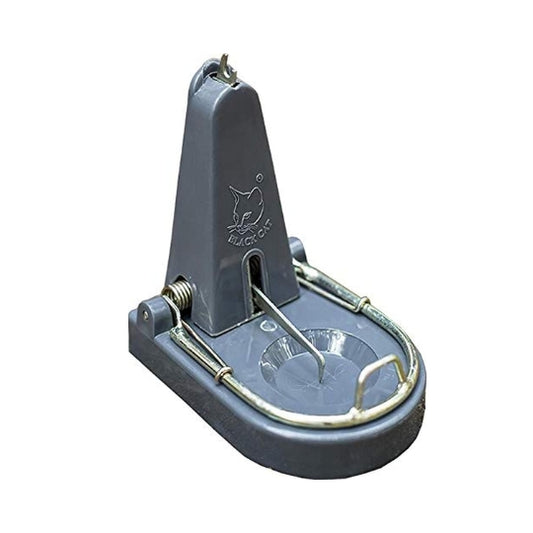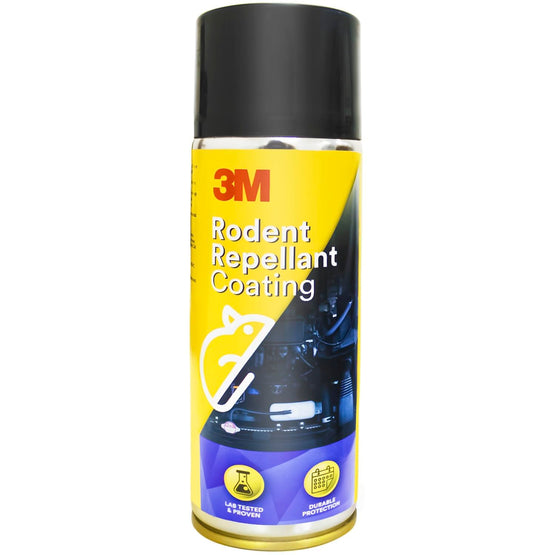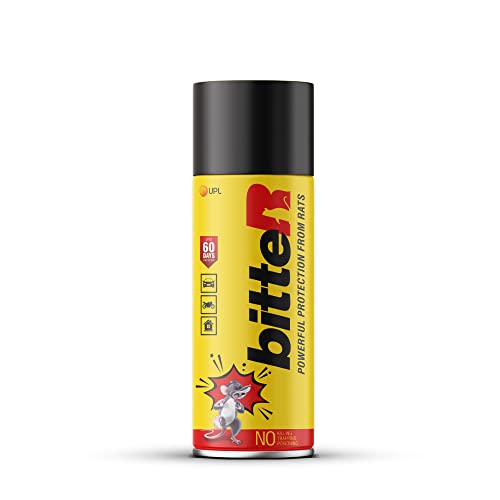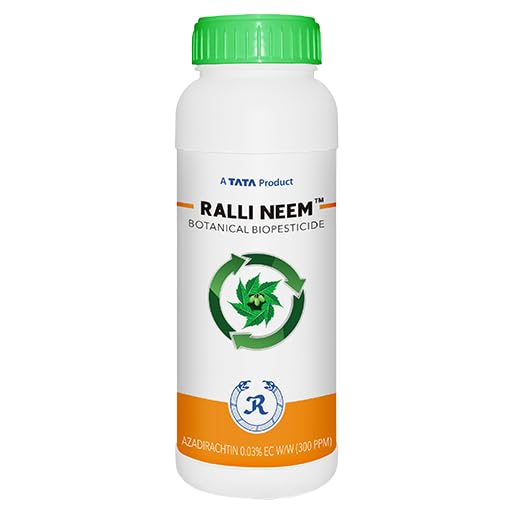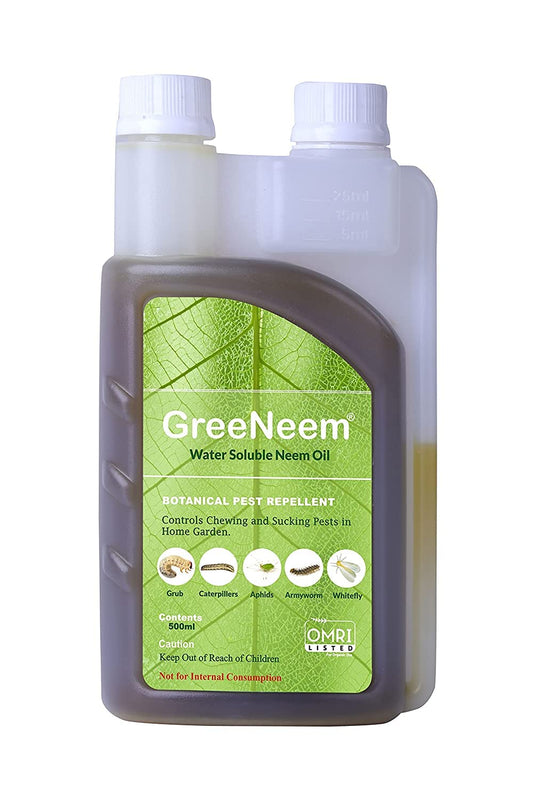Do you know this about Imidacloprid?
Share
Imidacloprid is a systemic insecticide that belongs to the class of chemicals called neonicotinoids. It was first discovered in 1985 by a team of scientists at Sumitomo Chemical in Japan. The compound was initially developed as a replacement for the organophosphate insecticide diazinon, which was being phased out due to its toxicity to humans and other mammals.
Imidacloprid was first registered for use in the United States in 1994. It quickly became one of the most widely used insecticides in the world, due to its effectiveness against a wide range of insect pests and its relatively low toxicity to humans and other mammals.
There are a number of different formulations of imidacloprid available, each with its own specific uses. Some of the most common formulations include:
- Granular formulations: These are used for soil application and are effective against a wide range of soil-dwelling insects, such as rootworms, wireworms, and cutworms.
- Liquid formulations: These are used for foliar application and are effective against a wide range of sucking insects, such as aphids, whiteflies, and leafhoppers.
- Seed treatment formulations: These are used to treat seeds before planting and are effective against a wide range of insect pests that attack germinating seeds.
Get online Offers, discounts for Pesticides
Some of the most popular brands of imidacloprid include:
- Admire: This is a granular formulation of imidacloprid that is used for soil application. It is marketed by Bayer CropScience.
- Confidor: This is a liquid formulation of imidacloprid that is used for foliar application. It is marketed by BASF.
- Premise II: This is a seed treatment formulation of imidacloprid that is used to treat seeds before planting. It is marketed by Syngenta.
Farmers can use imidacloprid in a variety of ways, depending on the specific pest they are trying to control. For example, granular formulations of imidacloprid can be applied to the soil before planting to control soil-dwelling insects. Liquid formulations of imidacloprid can be applied to the leaves of plants to control sucking insects. Seed treatment formulations of imidacloprid can be applied to seeds before planting to control insects that attack germinating seeds.
When using imidacloprid, it is important to follow the label instructions carefully. This will help to ensure that the pesticide is used safely and effectively. Some of the precautions that should be taken when using imidacloprid include:
- Wearing protective clothing, such as gloves, long sleeves, and pants.
- Avoiding contact with the skin, eyes, and mouth.
- Keeping the pesticide out of reach of children and pets.
- Not applying the pesticide near water sources.
Imidacloprid can be a very effective insecticide, but it is important to use it safely and responsibly. By following the label instructions and taking the necessary precautions, farmers can help to protect themselves and the environment from the harmful effects of this pesticide.
Benefits of using imidacloprid:
- Effective against a wide range of insect pests
- Relatively low toxicity to humans and other mammals
- Long-lasting control
- Easy to use
Drawbacks of using imidacloprid:
- Can be harmful to bees and other beneficial insects
- Can build up in the environment
- Can be toxic to aquatic life
Overall, imidacloprid is a safe and effective insecticide that can be used to control a wide range of insect pests. However, it is important to use it responsibly and to follow the label instructions carefully to avoid any harmful effects.







